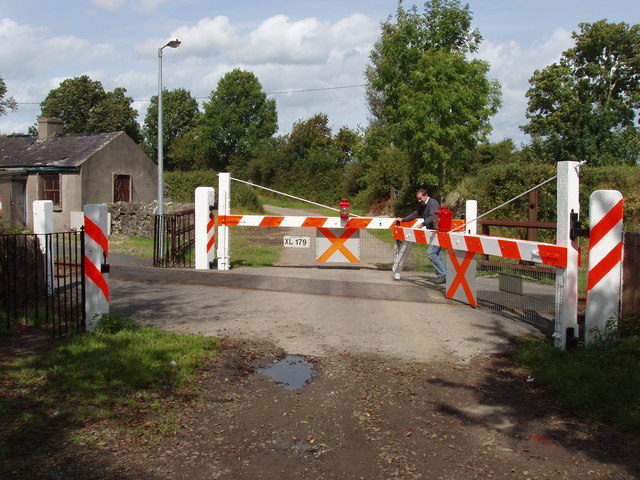The rural environment poses unique health and safety risks. One of the most overlooked issues is the danger posed by railway crossings which far too frequently are the scene of fatalities and near misses, particularly on user worked private crossings (UWCs).
As a consequence of the dangers the Office of Rail and Road Regulation (ORR) regularly run transport awareness days that focus on UWCs and avoiding contact with over head power lines (OHPL). These days are usually held at Cannock Chase where there is a mock railway crossing that allows trainees to simulate using a typical crossing as a pedestrian or vehicle user. The set up also allows the demonstration of how risks can be correctly managed and errors avoided.
This type of training is increasingly important as train speeds and train numbers on many routes are increasing potentially reducing crossing times and increasing waiting times.
Both ORR and Network Rail emphasise that anyone responsible for UWCs should first consider if a crossing needs to be used at all and the identify ways to reduce risks such as using alternative routes or working with Network Rail on the construction of bridges or tunnels. All businesses whose undertakings include the use of UWCs should carry out a joint risk assessment together with their local Network Rail level crossing manager.
In addition to rail related safety the day covers electrical hazards and safe working near power lines through practical demonstrations that highlight the risks and how to avoid them.
For more information on how to operate a crossing it’s best to contact your local Network Rail level crossing manager. To find out who this is call 03457 11 41 41. The Network Rail website also provided helpful guidance on the operation of all types of crossings. Information on the number of trains per day, line speed and the date of the last risk assessment on each crossing can also be found on the Network Rail site.
To read more abut these safety days visit:http://www.shponline.co.uk/rural-railway-safety-focus/


